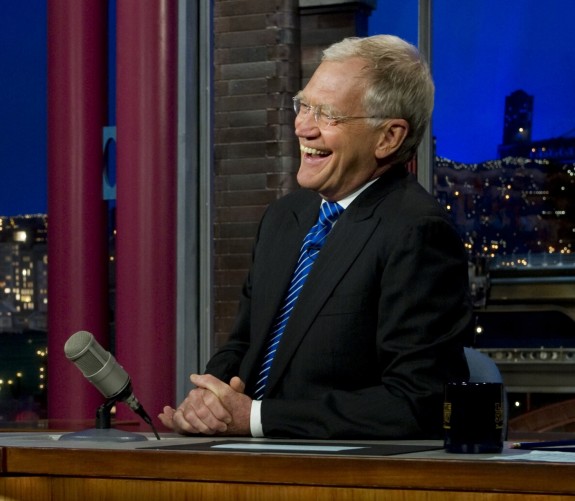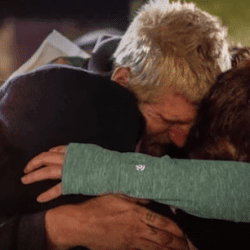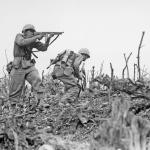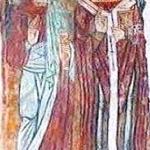With the late night host’s retirement in the news, I was reminded of this anecdote, which comes from my old friend and colleague Lesley Stahl.
Back in the ’90s, when Lesley was still anchoring “Face the Nation,” she was invited to be a guest on “The Late Show.” She came away from the experience with two vivid memories.
First, the studio was incredibly cold.
And second, the host was a little chilly, too.
During the commercial break, the band was playing, very loudly, and it was impossible for her to have a conversation with her host. So, she leaned over to him at one point, smiled, and said into his ear, almost screaming, “You know, on ‘Face the Nation,’ I talk to my guests during the commercial breaks.”
“Really?,” he shouted back. “Then you should have a band.”
And the band played on.
Over at CNN, meantime, critic and media observer David Bianculli picks up on what may be the single biggest reason Letterman and his era are coming to an end. And you’re looking at it right now.
In the age of the Internet, the way viewers take in late-night TV is not what it was when Letterman was honing his style. The battle for viewers is now fought more with four-minute viral videos the next morning than complete shows with monologues and conversations as integral ingredients.
…But the real shift isn’t in who’s watching but in who’s not watching. “The Tonight Show” of the Carson era, so revered by Letterman (and by older viewers and TV critics like myself), was must-see TV before that term was invented. Millions of people didn’t think of going to bed before hearing Carson’s monologue, to get his take on what happened that day.
In 2014, though, that’s simply not happening. Every term, I ask my college students at Rowan University how many of them watch any of the late-night shows as they’re first televised. This includes even Comedy Central’s “The Daily Show with Jon Stewart” and “The Colbert Report,” for which they’re the ideal target audience. And every term, fewer hands go up.
They are waiting for those pieces of the previous night’s talk shows spoon-fed to them, either as morning-show highlights or as viral videos on news sites or shared by Facebook friends.
Perhaps, had the Internet come along many decades earlier, Carson’s Ed Ames tomahawk throw would have gone viral — but that’s the only part viewers would have seen. The nightly monologues, as comedic currency, have been devalued, and the popularity of a show — and a host — can be measured as much today by quick hits of brilliant comedy business rather than a solid hour of entertainment.
Read it all. He makes some great points.
Fallon is clearly a force to be reckoned with. A friend on Facebook noted a couple weeks ago that every show he does seems like a party, and everybody seems to just be having the most fabulous time. There’s a lot to be said for that. Late night television used to be a place of unabashed joy; Johnny Carson was puckish, not prickly, and you liked spending time with him. You get that same vibe from Fallon, too. This is a guy having a blast doing a job he loves. You can’t help but enjoy that.
I mentioned to someone the other day that I think Jimmy Fallon’s genius lies in both creating his own kind of show—not just replicating what came before—and also in knowing how to use the web to turn set pieces into viral must-sees. Nearly every day, another great Fallon video pops up —yesterday it was Putin and Palin. It becomes the morning’s water-cooler conversation (or, more aptly, what everybody logs on to watch at work over their first cup of coffee).
Welcome to a new kind of late night television—the kind that you watch at 9 a.m.
















